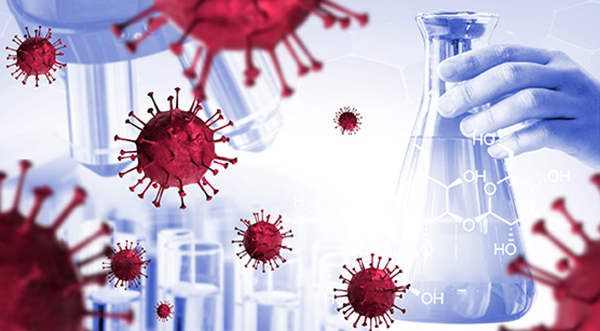
Third wave of coronavirus ‘inevitable’, says top government scientist
Dr VijayRaghavan said that variants of the virus are being transmitted in the same way as the original strain. “It does not have properties of new kinds of transmission. It infects humans in a manner that makes it more transmissible as it gains entry, makes more copies, and goes on, same as the original strain.”

Indians should brace for a third wave of the coronavirus “given the high levels at which the virus is circulating”, the government’s top scientific adviser has said.
At a briefing in New Delhi on Wednesday, Dr Krishnaswamy VijayRaghavan called the third wave “inevitable” and warned that vaccines will need to be “updated” to deal with the new strains that have sped up the contagion in India.
“Phase 3 is inevitable, given the high levels at which this virus is circulating. But it is not clear at what time scale this Phase 3 will occur. Hopefully, incrementally, but we should prepare for new waves. Ongoing surveillance is needed as are vaccine upgrades,” he said.
Also read: ‘This is why we earn money’: Delhi’s rich set up home ICUs, buy up equipment
Dr VijayRaghavan said that variants of the virus are being transmitted in the same way as the original strain. “It does not have properties of new kinds of transmission. It infects humans in a manner that makes it more transmissible as it gains entry, makes more copies, and goes on, same as the original strain.”
Battered by a second wave of the coronavirus, India accounted for nearly half the cases reported worldwide last week, the World Health Organization said on Wednesday, as COVID-19 deaths in the nation rose by a record 3,780 during the past 24 hours.
Daily infections rose by 3.82 lakh on Wednesday, health ministry data showed even as testing has slowed in many areas. The number has been in excess of 3 lakh every day for the past two weeks.
The grim statistics come even as reports emerge that Indians are nowhere close to developing herd immunity. Exposure to the infection is at an all-time high with the R rate at 1.44 per cent of the population, which means one infected patient is infecting nearly one-and-a-half people.
“Herd immunity is an elusive concept as of now. Most countries have seen multiples waves, some even three or four waves. What we need to ensure is that we have battle-ready work force that can mount its response whenever there is a wave affecting the country. Vaccination is the only weapon and we should not assume that people will get herd immunity after infection,” India Today quoted Professor Giridhar Babu, epidemiologist, Public Health Foundation of India, as saying.

